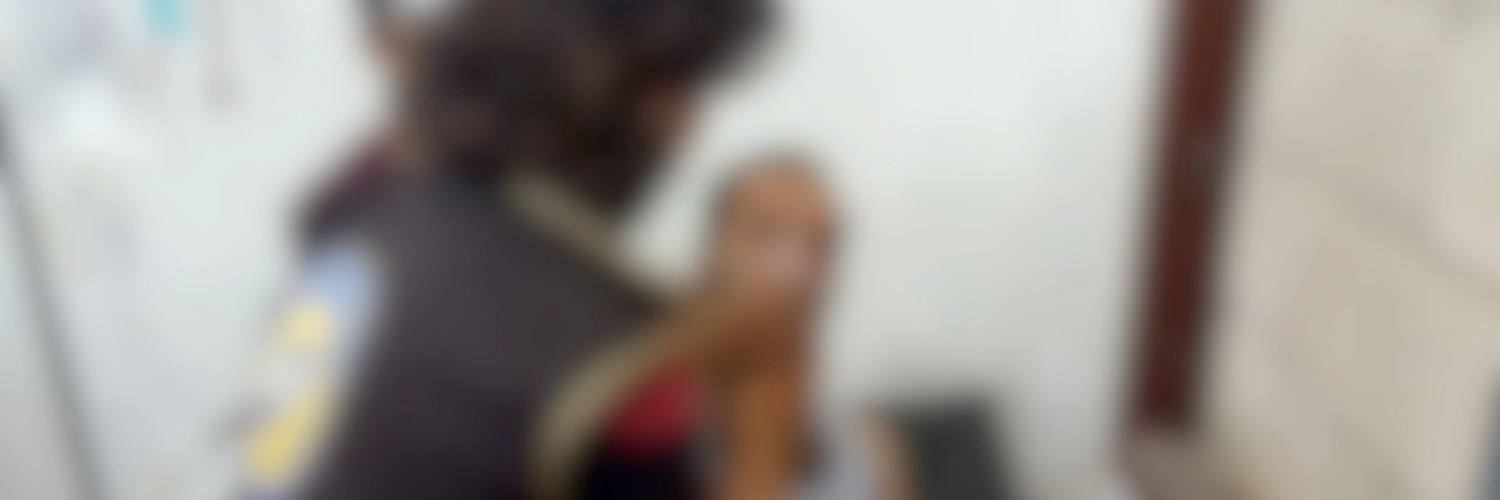Victims in Saraqeb, Idlib province, have breathing problems, and all are coughing and have bloodshot eyes, say doctors.
More than two dozen people have been injured in a suspected chemical attack on a town in northern Syria, a doctor who treated the victims and aid workers said.
The attack, using a gas cylinder laced with chlorine, targeted the town of Saraqeb in Idlib province, which is under opposition control, and near where a Russian helicopter was shot down on Monday.
It came almost exactly a year after the UN security council adopted a resolution that set a 12 month-deadline to identify the perpetrators of chlorine attacks in Syria. The deadline expires next week.
Ibrahim al-Assaad, a doctor who treated the victims, said none of the 29 injured he saw exhibited physical wounds. “All of them had breathing and lung problems, spanning mild, moderate and severe symptoms, while coughing and having bloodshot eyes,” he said. “They smelled of chlorine, and the civil defence workers who rescued them said the site of the attack also smelled strongly of chlorine.”
“It is impossible to get used to this pain we see,” he added. “Impossible.”
The suspected chemical attack occurred against a backdrop of escalating warfare across Syria and particularly in the neighbouring province of Aleppo, where rebels have launched a wide-ranging offensive to break a weeks-long siege on the opposition-held east of the city.
Syria Civil Defense, a rescue service that operates in opposition-held areas, said it had transferred at least 30 victims with breathing problems to a hospital after what they described as an attack using a toxic gas that smelled like chlorine. The organisation published images and videos of the victims of the alleged attack, which it described as being intended to “spread fear and panic among civilians”.
Local people said a helicopter dropped cylinders from the sky on to the town – an approach that would fit the modus operandi of previous air raids that used chlorine and were blamed on the regime of Bashar al-Assad.
Residents of Saraqeb said they heard the helicopter at 11.25pm on Monday, followed by the impact of two cylinders that caused muted explosions.
Much of Assad’s chemical weapons programme was dismantled under an agreement brokered in 2013 between the US and Russia, after the Obama administration threatened military strikes in retaliation for a sarin gas attack by on the suburbs of Damascus. Assad’s government was blamed for the attack, which killed 1,400 people and sparked worldwide condemnation, but he denied responsibility.
But chlorine is not banned under the terms of the treaty on the prohibition of chemical weapons, as it also has domestic and industrial uses such as water purification.
Last year, medical workers said they had documented as many as 35 attacks that deployed chlorine between mid-March and May alone in Idlib, causing more than 1,000 injuries and nine deaths, including wounding civil defence workers.
Assaad, the Saraqeb doctor, said recent airstrikes in the vicinity of his hospital had destroyed an extension built by aid groups that provided first aid treatment to chemical attack victims, disinfecting them before they entered the main hospital structure.
“We used to have a sort of ‘chemical tent’ to separate the victims of chemical attacks and purify them before taking them to the hospital,” he said. “But there were a lot of bombings and all the buildings around the hospital are either destroyed or damaged, and the tent is gone as well.”
Last week, the town’s local council said its blood bank and a first aid centre were both destroyed in airstrikes, the latest in what aid groups say is a systematic campaign against medical facilities.
On Monday, the Russian defence ministry said a helicopter carrying five service members was shot down near Saraqeb, hours before the suspected chlorine attack. The entire crew were killed, in what was the single deadliest incident for Moscow’s troops since they intervened to shore up the Assad regime last October.
In the neighbouring province of Aleppo, thousands of rebel fighters have launched a broad offensive that they said was aimed at breaking a siege imposed by the government and its allied militias on the eastern portion of the city, which is controlled by the opposition and has a quarter of a million civilians.
But the aims of the offensive appear now to be broader than simply breaking the siege, with rebel fighters apparently racing to sever government supply lines in an effort to cut off their territory in the suburbs from the city.
Moscow has continued to insist – in the face of international condemnation and US calls for restraint – that it has opened humanitarian corridors for civilians to flee the besieged eastern half of the city, but few residents appear to have taken advantage of the proposal in the midst of ongoing fighting.
A statement signed by 35 humanitarian and human rights NGOs said the proposal was “deeply flawed” and urged an end to “the use of brutal siege tactics and illegal attacks on civilians.”
Article date




